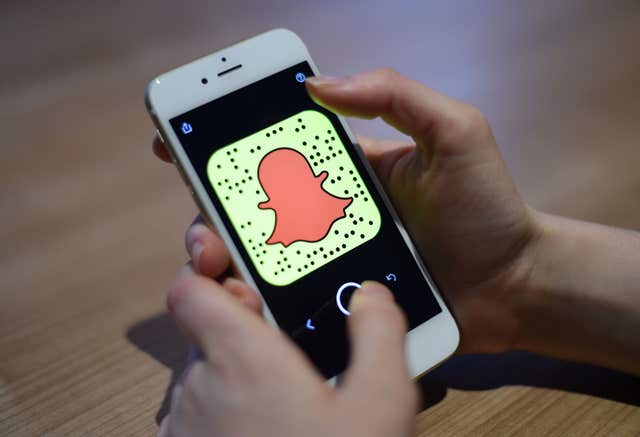Little evidence wellbeing of teenagers damaged by screen time, study says
Research goes against popular belief that devices could impact mental health of adolescents, particularly before bedtime.

Using smartphones and other screens has little impact on the wellbeing of teenagers – even before they go to sleep, according to a study.
Despite the common belief that screen time could damage young people’s mental health, researchers at Oxford University have found little evidence to support these fears, using data from more than 17,000 teenagers.
“Implementing best practice statistical and methodological techniques we found little evidence for substantial negative associations between digital-screen engagement and adolescent wellbeing,” said Amy Orben, researcher at the Oxford Internet Institute.
Time-use diaries and self-reported measures were used in the study from almost 12,000 adolescents in the UK, just over 4,500 from Ireland, and 790 in the US.
Results suggest that the total amount of time spent on screens per a day had a limited impact on teenager’s mental health, regardless of it being a weekend or a weekday.
It also notes that digital screen usage two hours, one hour or even 30 minutes before sleeping presented no clear associations with a drop in wellbeing among teenagers.

“While psychological science can be a powerful tool for understanding the link between screen use and adolescent wellbeing, it still routinely fails to supply stakeholders and the public with high-quality, transparent and objective investigations into growing concerns about digital technologies,” said Professor Andrew Przybylski, director of research at the Oxford Internet Institute and co-author on the study, published in the Psychological Science journal.
“Analysing three different datasets, which include improved measurements of screen time, we found little clear-cut evidence that screen time decreases adolescent wellbeing, even if the use of digital technology occurs directly before bedtime.”
However, a leading psychiatrist has warned that although the study is well-conducted with a large data set, the conclusions can only be limited.
“The study looks at how long children spend looking at screens but not at what harmful content they might see,” said Dr Bernadka Dubicka, chair of the child and adolescent faculty at the Royal College of Psychiatrists.
“We know that screen time is not the main driver of mental illness, but dangerous online content can have an enormous impact on young people and their mental health.
“As a frontline clinician, I regularly see young people who have deliberately hurt themselves after discussing self-harm techniques on social media.
“Urgent research is needed to explore the complex relationship between online content and young people, with particular attention given to the most vulnerable.”
The findings come as the Government prepares to release its white paper on online harms on Monday, which could make social media bosses personally accountable for harmful content published on their platforms.
Ministers will legislate for a new “duty of care” to be policed by an independent regulator, according to the proposals leaked to the Guardian.
The watchdog will have powers to impose substantial fines for breaches by companies and hold executives personally liable, the newspaper reported.





